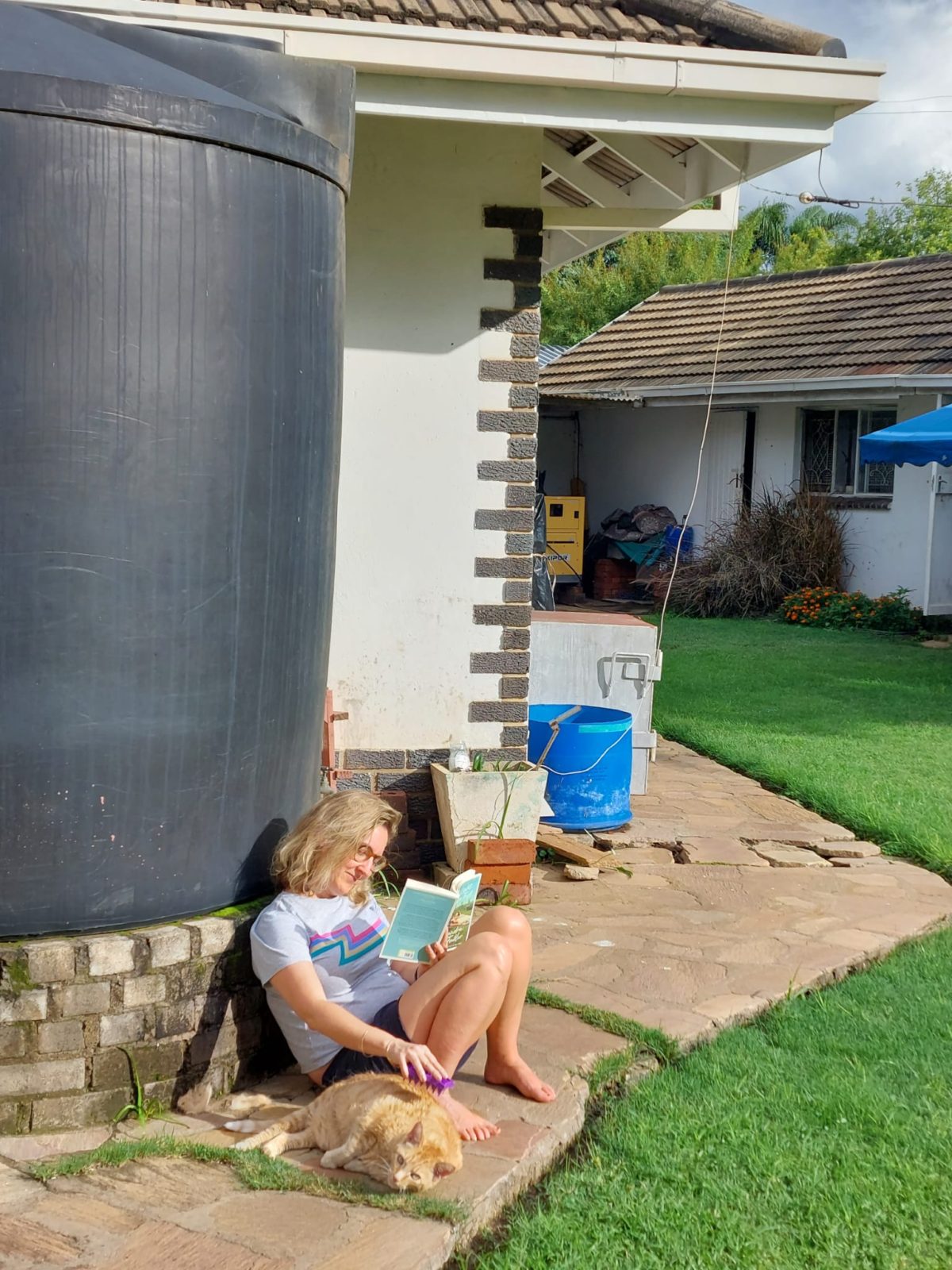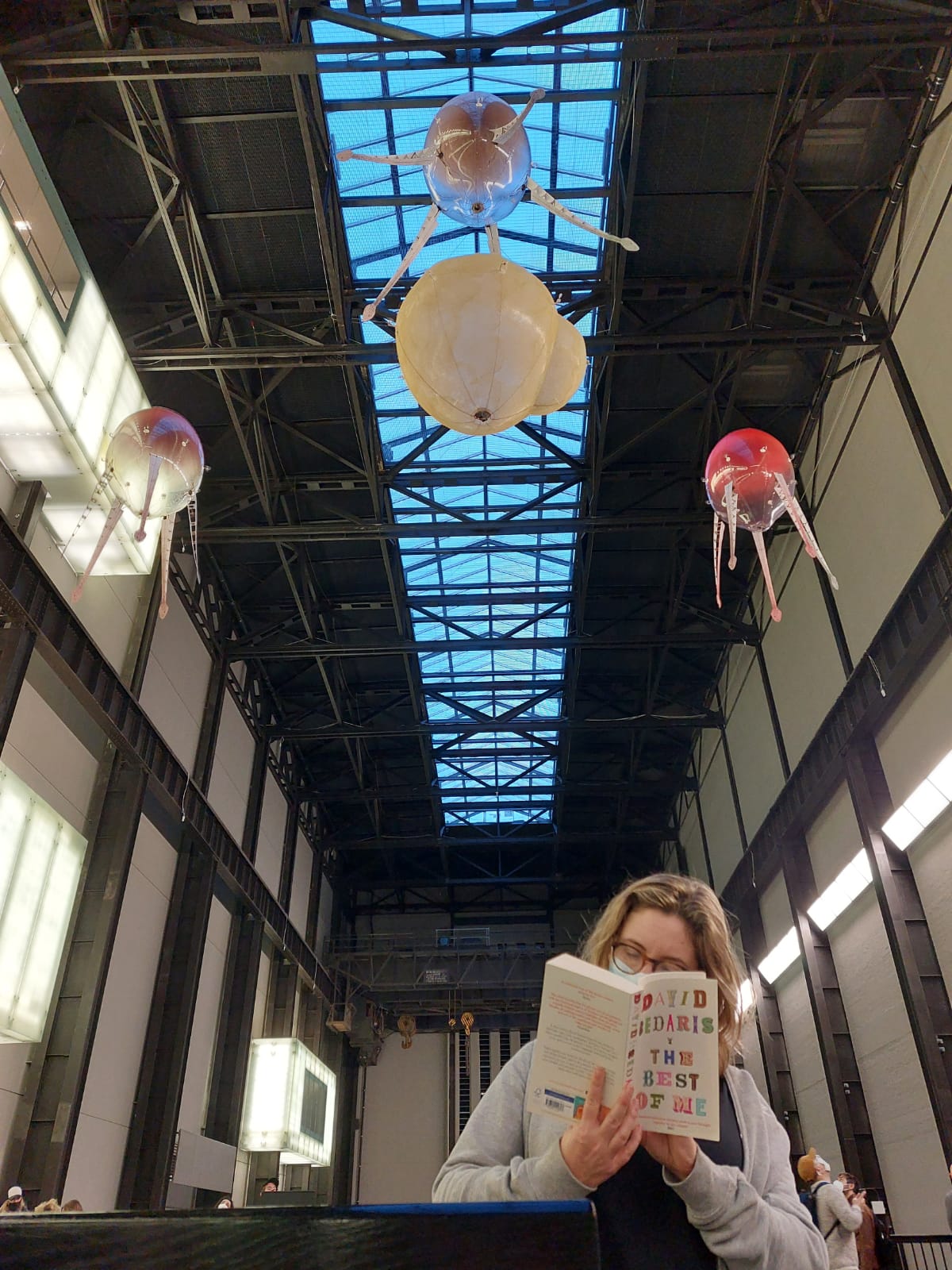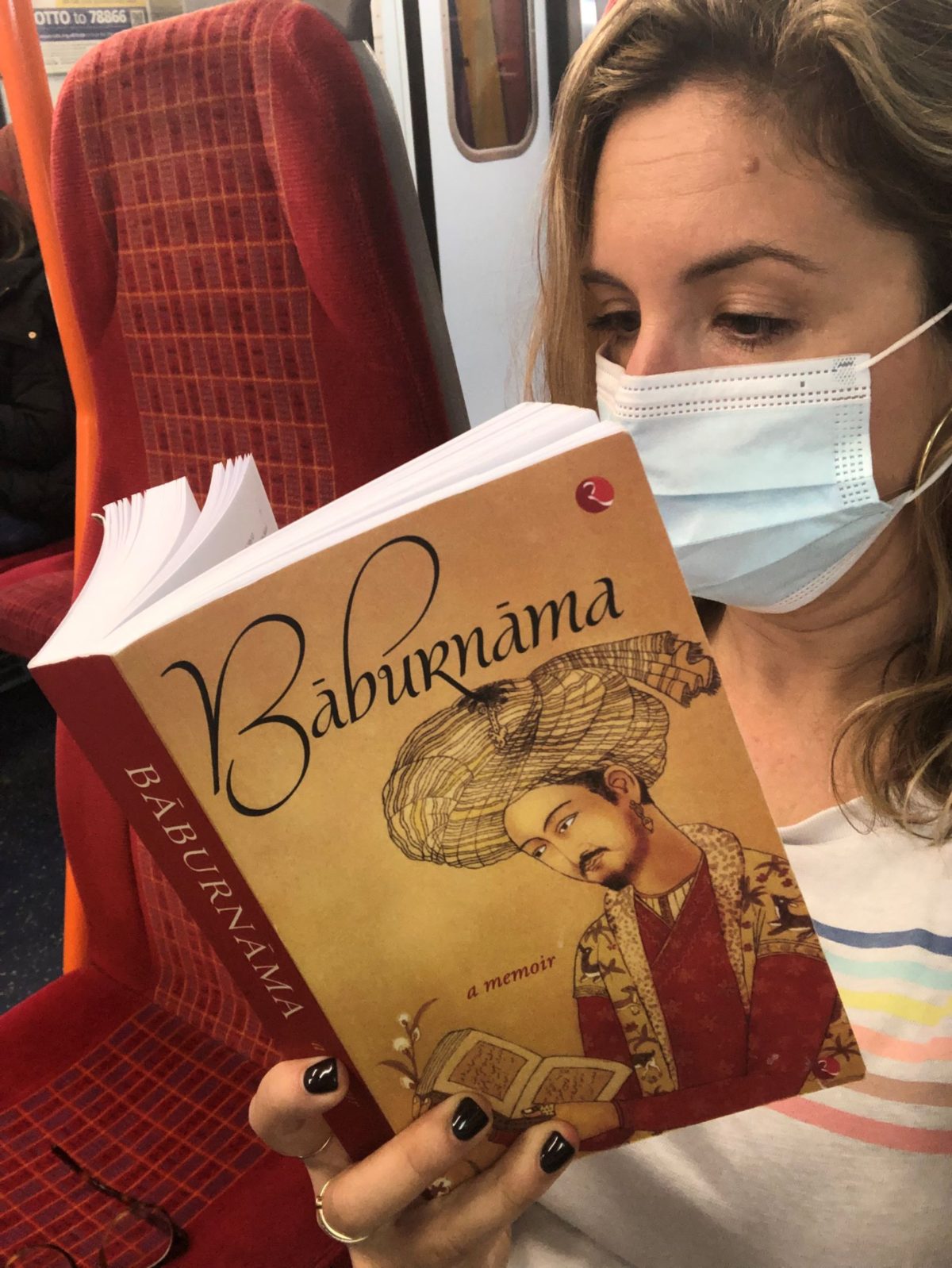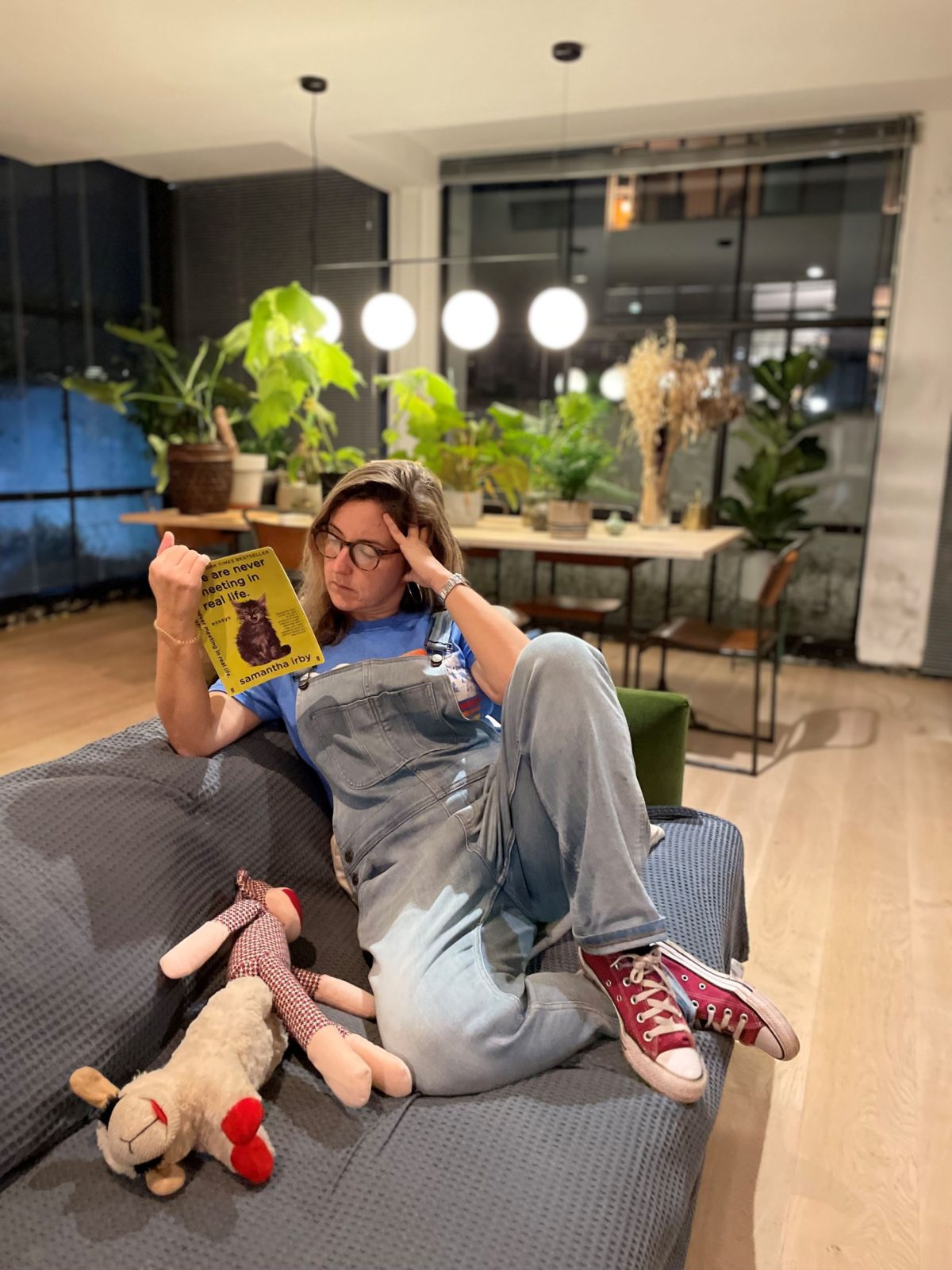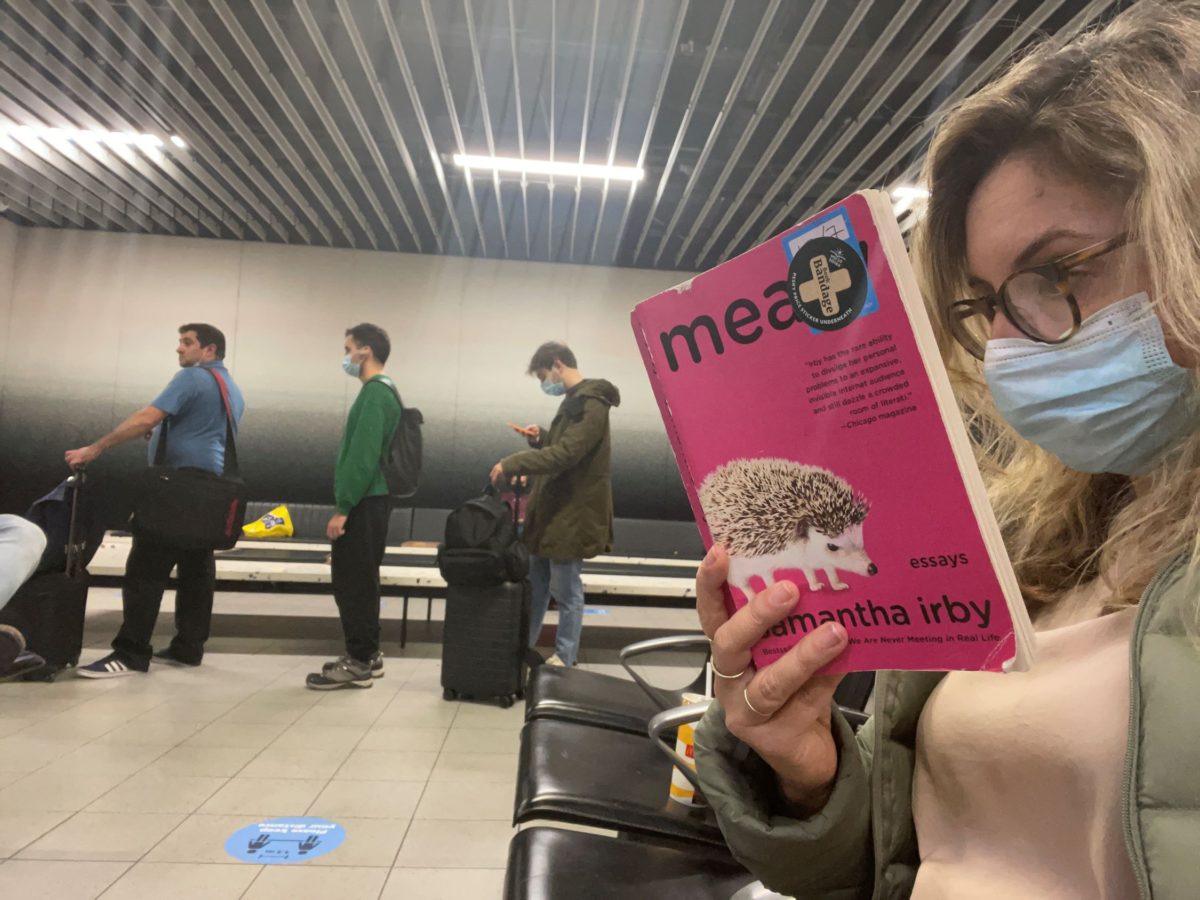Here is a book about how you can live the life of your wildest and most eccentric dreams. In this memoir, a Togolese teenager in the 1950s discovers a book about Greenland in the only book store in his village. He is inspired, and spends the next seven years travelling slowly up Africa and through Europe, raising money as he goes, till he gets to live in Greenland.
Someone asks him how he will benefit financially from spending his early adulthood on this project, and like iconoclasts everywhere he is appalled anyone could ask a question so crass. There is also a whole thing about how he nearly dies after getting bitten by a snake, but is saved by a priestess of a snake cult, so his family wants him to join this snake cult. This I think also came into the whole run away to the Eskimos idea, but so wildly weird is this book that this is the least strange part of the story.
One reads many travelogues where Europeans travel to Africa and are titillated by its foreignness or disappointed it is not more foreign. It is really fun to read it the other way round, and Kpomassie has plenty of both experiences. These Greenlanders are just leading incredibly rough lives. Take this:.
“Hans and Cecilia took me to dinner with Augustina and her husband Jorgensen, their neighbours and friends. When we reached the house no meal was ready, but a whole seal, caught by netting, was waiting for us. . . . As soon as we sat down at the table, Cecilia (went to the seal and started cutting it up pretty efficiently. And then using her hands). . . tore out bits of the lungs and then the liver. These were the hors d’oeuvres.
BLEARGH! They often eat raw food, still frozen. Apparently you come to like the ‘crunch’ of ice crystals. It is also very cold, so they keep the bucket to poop in in the living room, and don’t even pause their conversations while they use it. BLEARGH! He also finds out that the huskies, far from being the noble animals he imagined, are kept half-starving through the summer, when they are not needed, and only barely fed in winter. Drunk people often get eaten by dogs, which is fair enough, as people often eat the dogs too. BLEARGH!
On the upside, there is a lot of free love. Married women offer themselves to him, or are offered by their husbands. Apparently this is partly considered insurance, in case your own man does not make it back from the hunt.
I can hardly do justice to this strange book. I love this guy. He is wildly original and did all of Africa incredibly proud. I think I am fondest of this part. When he first crosses into the Arctic circle, everyone gets a certificate. You’d think he’d be excited, after working seven years to get there. But here he is:
This distribution of printed forms struck me as so grotesque that I didn’t bother to collect mine, preferring to savour the strange thill of that striking landscape.
What a man!





